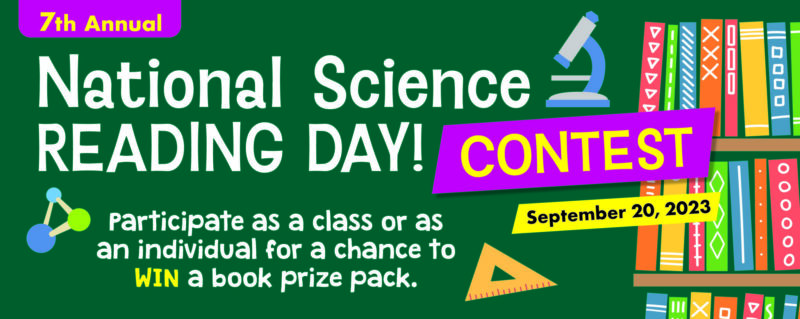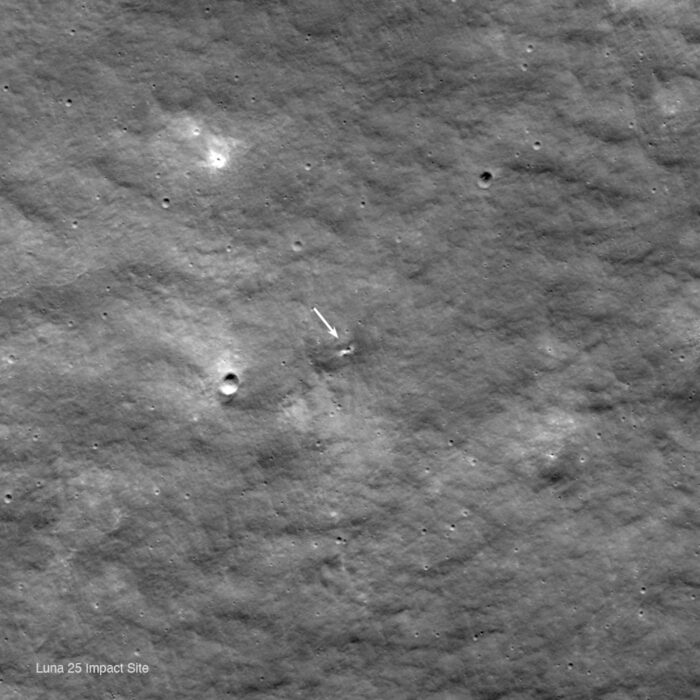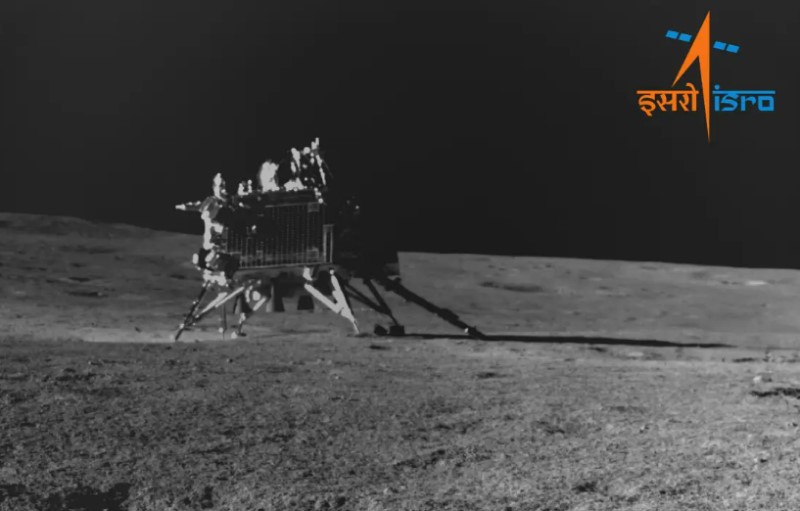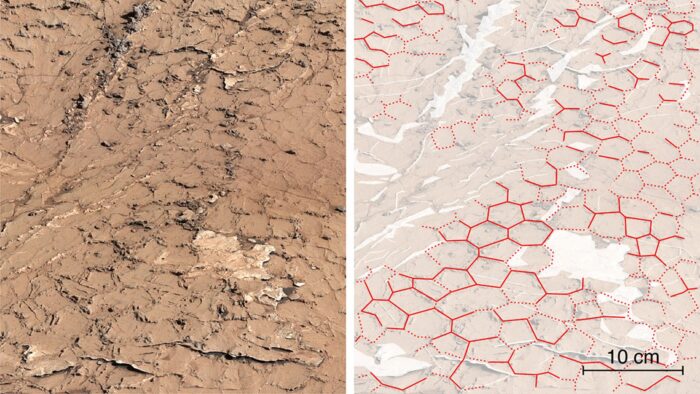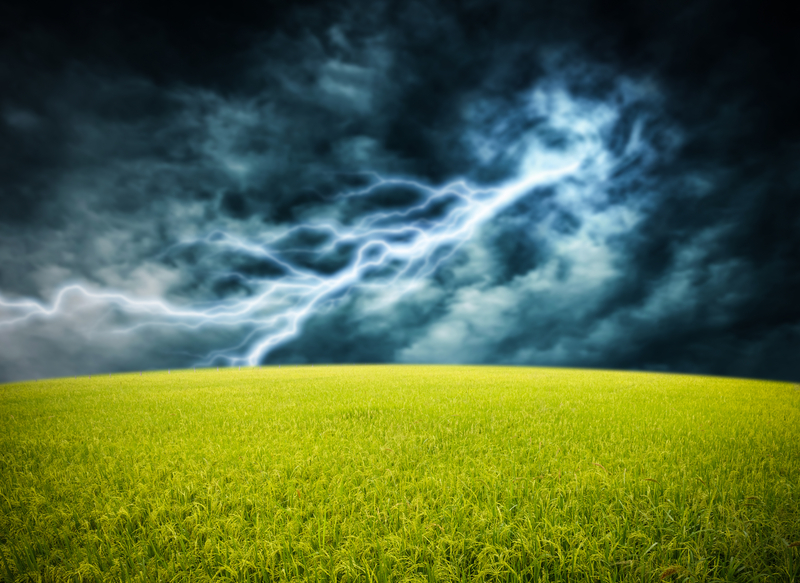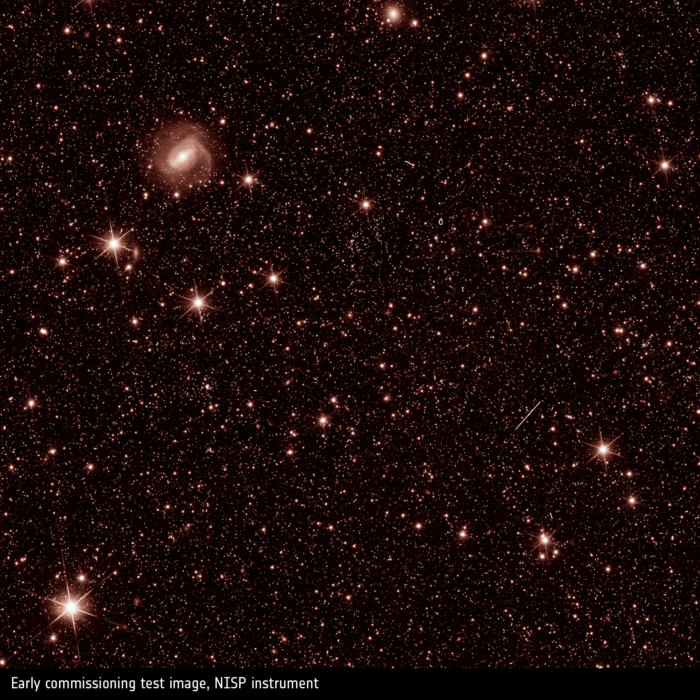Today in Stockholm, Sweden, a Canadian-born scientist won the highest honour in his field. His name is Professor James Peebles, and he just won the Nobel Prize! He shared the prize with Swiss physicists Michel Mayor and Didier Queloz (the award is often shared).
The three winners of the Nobel Prize in Physics for 2019. Peebles will receive half of the $910,000 US prize — Mayor and Queloz split the other half. (Getty Embed)
Now Peebles is already the Albert Einstein Professor of Science at Princeton University, one of the world's most prestigious schools. But whether you're a doctor, chemist, politician, or writer, there is still nothing bigger than Nobel. His prize for two decades of work in the field of physics is truly a crowning achievement. (For proof, just ask Canadian Donna Strickland, who won last year's Nobel Prize in Physics.)
So what was his work about? Let's look closer...
I have a theory on that
Princeton University, where Peebles puts on his thinking cap! (Getty Embed)
Professor Peebles (which is, we'd like to point out, a terrific name that deserves to be given to a wise, odd, and kindly character in a middle-grade novel ASAP) is a theoretical physicist. What's that?
Physics is the study of the universe and all of the stuff in it: space, time, energy, force. From the tiniest atoms to the most monstrous galaxies. That's all physics. In this field, a theoretical physicist's job is to sit and think about it all. That's it? You just think?
Well...
Yes. But. Then you also need to write about it and attempt to come up with ideas, or theories, about how it all works. It is exceptionally complex, mainly because no one knows the answers yet. Physicists can't just "Google it". They are searching for answers to questions that no one else knows.
Big book on the Big Bang
In the case of the Winnipeg-born Professor Peebles (there's that name again!), he has dedicated over two decades to the study of the history of the universe. From its beginning (a.k.a. The Big Bang) to the present day.
2019 #NobelPrize laureate James Peebles took on the cosmos, with its billions of galaxies and galaxy clusters. His theoretical framework, developed over two decades, is the foundation of our modern understanding of the universe’s history, from the Big Bang to the present day. pic.twitter.com/fly4alndv9
— The Nobel Prize (@NobelPrize) October 8, 2019
According to his research, we only understand about 5% of what's in the universe. Whoa. That's basically like only being able to see six slices of pepperoni on the universe's super deluxe topping pizza. So what is everything else?
The remaining 95% appears to be a combination of dark energy and dark matter. What are those things? What are their properties? Can we ever prove that they exist?
Passing the torch
Didier Queloz is one of the other winners. His work with Michel Mayor helped to discover the first planet outside our solar system in 1995. (Getty Embed)
Right now, Peebles' work is generally accepted as true by other theoretical physicists. He's given them the ability to understand a lot. But now he passes the torch on to newer thinkers. That's the interesting thing about physics — the work of understanding never ends. It's kind of intimidating. But it's also an everlasting quest, and that's magical, no?
As Peebles himself said after winning the award: "My advice to young people entering science: you should do it for the love of science. You should enter science because you are fascinated by it."
Are you fascinated by science? How everything works? Thinking?
Because it's a big universe out there...
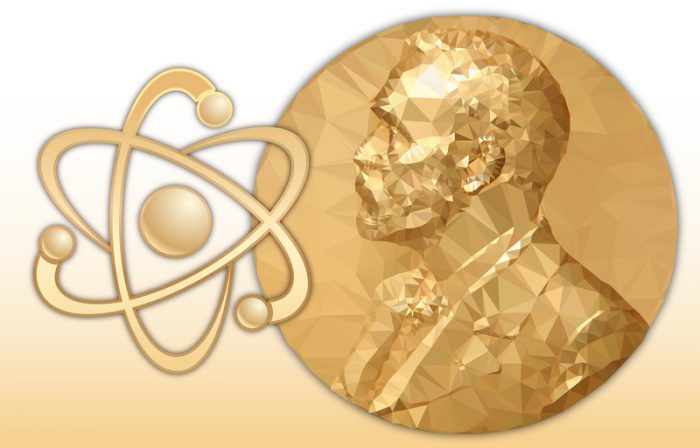 The Nobel Prize is the biggest prize in the scientific field of physics. (© Friziofriziofrizio - Dreamstime.com)
The Nobel Prize is the biggest prize in the scientific field of physics. (© Friziofriziofrizio - Dreamstime.com)
